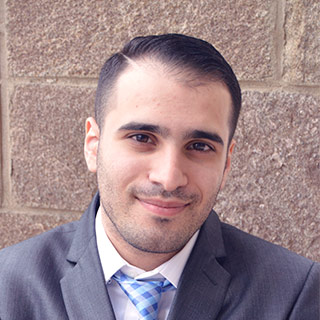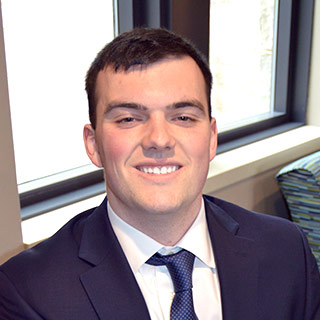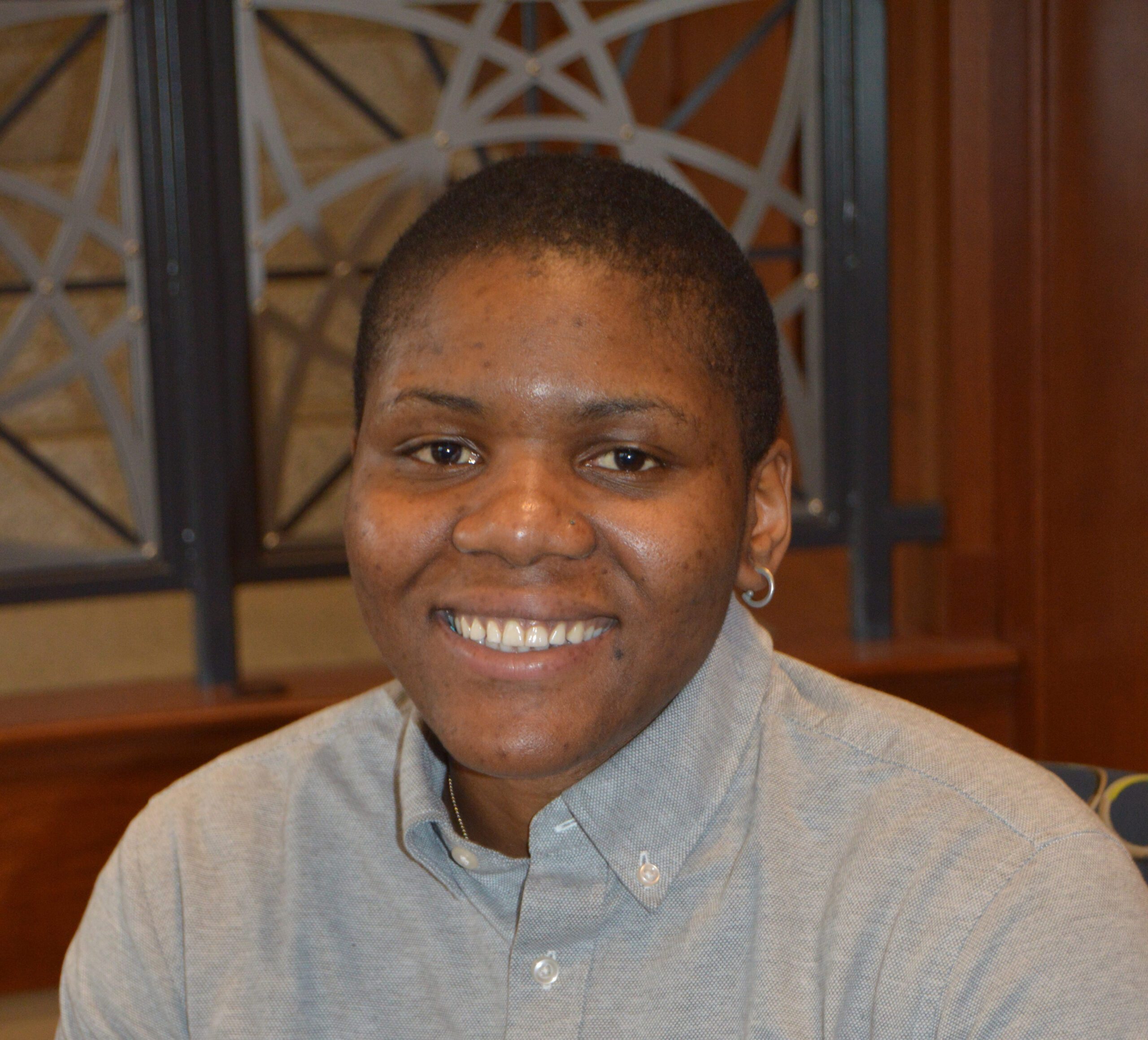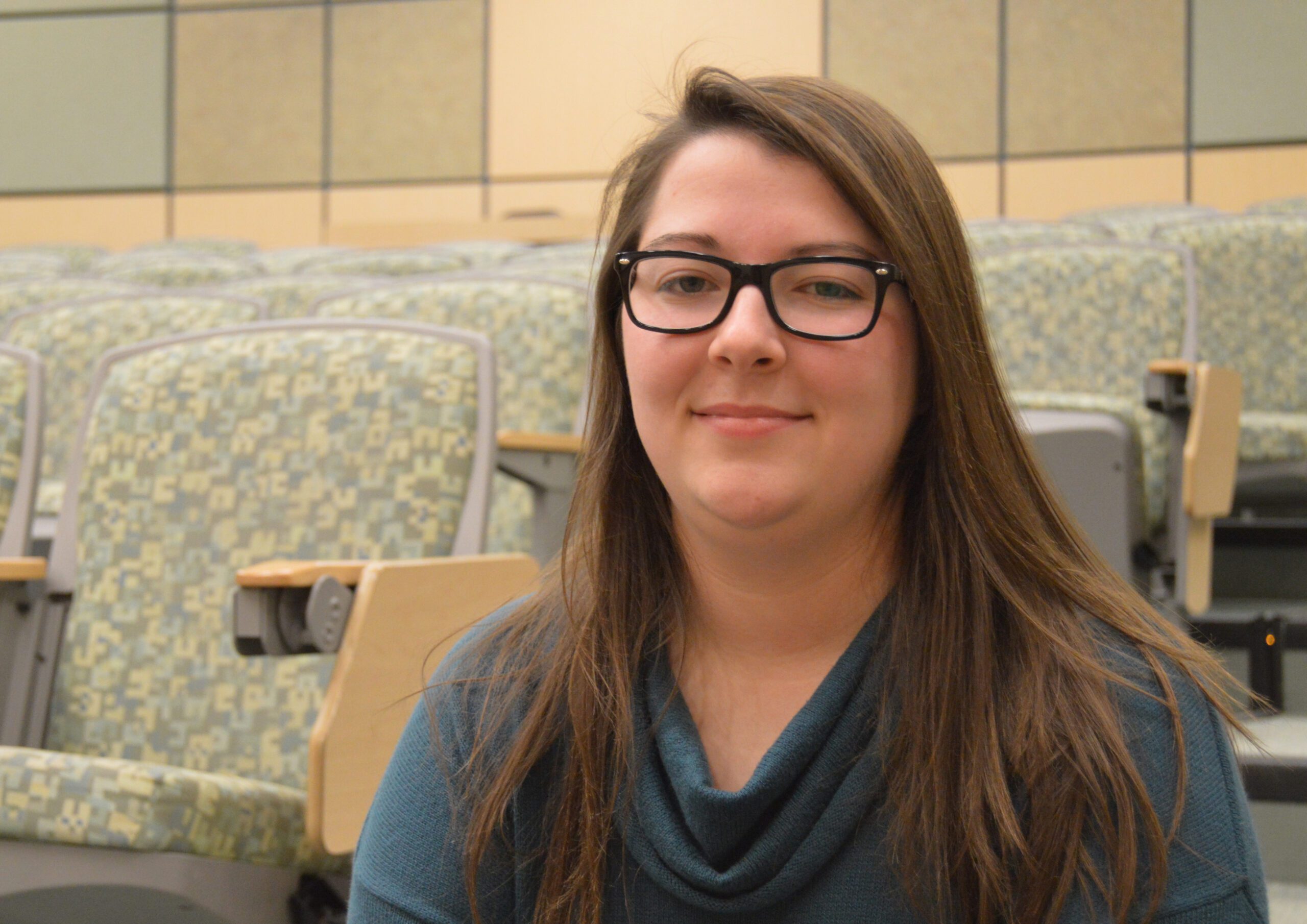How are laws made and why do some break those laws? How does society respond when laws are broken?
The criminology major is anchored in the discipline of sociology. Consequently, it provides you with a theoretically sophisticated understanding of crime as a social phenomenon, both regarding its causes and its consequences for society.
Major in criminology at Assumption and you’ll gain a broad and deep understanding of why some acts are against the law and others are not, why people commit crime, how crime impacts victims and society, and how the criminal justice system operates —from the time of arrest by the police, through formal processing by the courts, and extending to sanctioning (incarceration and supervision) and reentry.
The criminology degree at Assumption emphasizes personal, hands-on experience and independent research. A two-semester Internship Seminar sequence provides opportunities for experiential learning in agencies and organizations within the criminal justice system or closely allied professions like victim services agencies, substance abuse treatment programs, and programs for at risk youth.
In addition, criminology majors are prepared for graduate study in criminology, criminal justice, related social sciences, and the law. They are also ready for careers in law enforcement, institutional corrections, probation, and parole, in social and human service agencies that deal with crime victims, or in a number of diversion and treatment programs that are designed to provide alternatives to incarceration, especially for juvenile offenders.
Learning Goals for Criminology Majors
- Develop an understanding of and appreciation for how the criminal justice system operates.
- Understand how the risks of criminal offending and victimization are based upon divisions in class, race, ethnicity, gender, age, and sexual orientation.
- Develop an understanding of sociological and criminological approaches to analyzing and addressing the complex interactions between individuals and societal, historical, and cultural forces in defining law violating behaviors and our responses to them.
- To gain specific competencies in social research as related to the fields of criminology and sociology.
- To acquire the essential skills necessary for successful careers and post-graduate education.
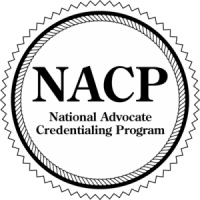
Students who complete the course, HRS/SOC/CRM 301 Victim Advocacy: Working with Survivors of Violence will be eligible, at minimum, for the NACP Provisional Credential, but potentially at a higher level of Credentialing based upon their verifiable field experience. For more information, please visit https://www.thenacp.org/.
Angela Kaufman-Parks, Ph.D.
An Ideal Place To Learn
Faculty
Experiential Learning
Assumption's Rome Campus
At Assumption's campus in Rome, Italy, the city and the country become your classroom through daily and weekend-long excursions throughout "the eternal city" and the Italian countryside. This unique study abroad experience will enrich your academic and cultural pursuits as you walk in the footsteps of emperors and gladiators then enjoy delectable Italian cuisine or perhaps a cappuccino after class in a local cafe. (Did you know that your financial aid follows you to Rome?)
Explore the Rome CampusLearn the Skills Employers Seek
Faculty/Student Research
The Assumption curriculum encourages scholarly and real-world experience. With hands-on research conducted alongside faculty mentors, students gain a depth of knowledge and skills that lead to professional success and personal fulfillment.Study Abroad
At Assumption University, the world is your classroom. Students can study and explore abroad in over 50 places from Vienna to England, South Africa, and even our own campus in historic, yet modern, Rome, Italy. Assumption’s study abroad program offers culture, history, and a living classroom for all.Internships
Assumption starts planning for your future the day you arrive on campus. Our Career Development and Internship Center helps students secure exciting and fulfilling internships where you’ll apply knowledge obtained in the classroom in a professional setting, preparing for a future career or additional study. Assumption connects students to internship opportunities in corporations, government agencies, research hospitals, non-profit organizations, and more.Pathways to Success
City of Providence Police Department
City of Worcester Police Department
Connecticut State Police
DraftKings
Framingham Public Schools
Fuze
HWC, Inc. (Washington, DC)
Lionbridge
Massachusetts Department of Children and Families
Nashoba Valley Medical Center
New Hope, Inc.
The New England Center for Children
Raytheon
The Royal Law Firm
Town of Northborough Police Department
UMASS Boston Public Safety
U.S. Department of Defense
U.S. Marine Corps
Voices Against Violence
Warwick Police Department
Worcester County Jail and House of Corrections
First-rate Academics in a Catholic University Setting
Assumption University awakens in students a sense of wonder, discovery, and purpose, forming graduates known for their intellectual seriousness, thoughtful citizenship, and devotion to the common good. Students are provided an education that shapes their souls, forms them intellectually, and prepares them for meaningful careers. Enlivened by the harmony of faith and reason, here, students’ minds and hearts are transformed.
Assumption is dedicated to providing a clear understanding of what your education will cost
We’ll help cut through the complexity of financing your education, ensuring you understand what you need, how to apply for aid, and what’s expected of you. You will be assigned a personal financial aid advisor who will guide you through the process and answer all of your financial aid-related questions.








